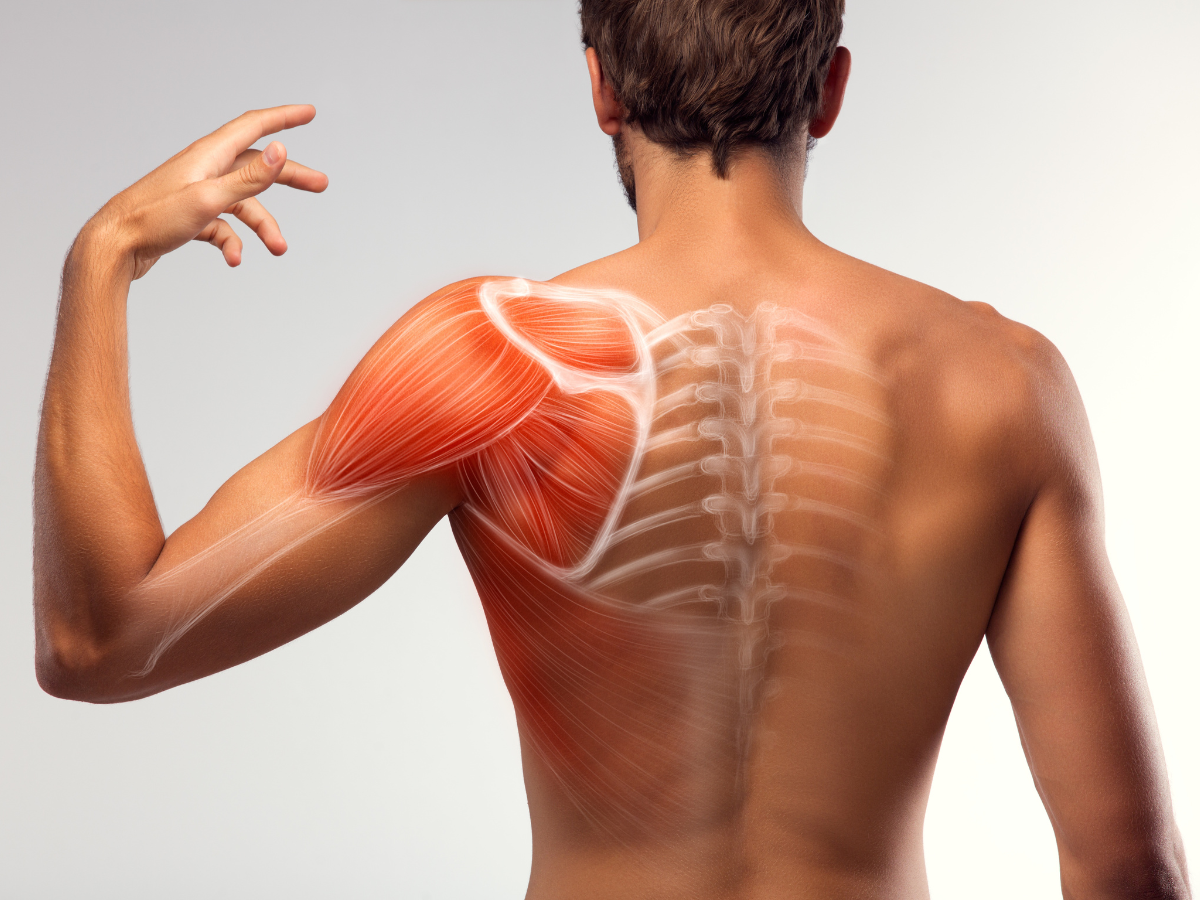
Spinal Health
Spinal problems are the second leading cause of disease burden in Australia. Spinal problems may involve the muscles, joints, nerves or connective tissue in the neck (cervical spine), upper back (thoracic spine) or lower back (lumbar spine).
Shoulder Health
Shoulder pain can effect many aspect of daily life and can be caused by a variety of factors, including injury, overuse, inflammation, or underlying medical conditions. Some common causes of shoulder pain include:
Elbow Health
Maintaining elbow health is essential for proper function of our upper limbs. Injuries to the elbow, which commonly occur during sport or with overuse, can affect all aspects of daily life. Symptoms include pain or tenderness over the elbow joint or when moving the fist or fingers, stiffness, swelling or inflammation, weakness or loss of grip strength.
Hand and Wrist Health
Maintaining good hand and wrist health and function is important for performing our day to day lives. Treatment depends on the underlying cause and condition. Some conditions include:
Hip and Groin Health
Maintaining good hip and groin health and function is important for performing for daily activities. From walking or running to sitting or standing, hip and groin pain can have a profound effect on our lives. Treatment depends on the underlying cause and condition in the hip or groin. Some conditions include:
Knee
Knee pain is a common condition that effects many people of all ages. From sporting injuries to osteoarthritis, there are many factors and conditions that effect knee pain and function, and understanding the drivers of your pain will help determine the best treatment approach. Some knee conditions include:
Foot and Ankle
Maintaining good foot and ankle health and function is important for performing for daily activities, including walking, working or playing sport. Treatment depends on the underlying cause and condition. Some conditions include:
MPFP physiotherapists manage a range of musculoskeletal conditions affecting anyone at any stage of life. Whether you have experienced an injury, surgery or pain, a physiotherapist can assess your condition and work with you to create an individualized treatment program to help you achieve your goals.
We can offer private face-to-face consultations, group exercise classes or 1-on-1 exercises classes with a registered physiotherapist.
Step 1
Assessment of your musculoskeletal function
Understanding the factors surrounding your condition will help determine the best treatment options for you.
Step 2
Individualized program
Based on your assessment, an individualized program will be created with you to assist in achieving your goals.
Step 3
Progression of your program and return to activity
We will monitor and help progress your program so you can return to work, sport or activities you enjoy.
